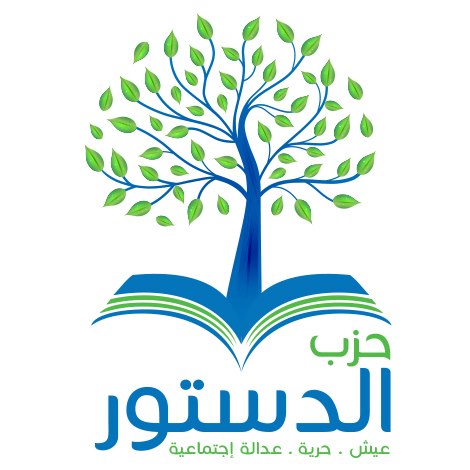By Youssef Aziz
For a patient with high blood pressure, drugs to fight off stroke and heart attacks are a vital element of a daily routine. Taking a fake drug is the last thing such a patient needs.
Now patients have a tool to protect themselves.
A group of young Egyptian programmers, who call themselves GENU, have developed a smartphone application that can differentiate between genuine and fake drugs.
Ten percent of Egyptian pharmaceuticals are fake, including mostly cancer, diabetes, and hypertension drugs, according to former minister of health Hatem El Gabaly.
It is almost impossible to identify the ingredients of a fake drug, which is often completely devoid of the active substance, said Janice William, a pharmacist at El-Deiry Pharmacy in Heliopolis.
“It all comes down the pharmacist’s ethics,” William said. “Unlicensed dealers coming with a wide variety of drugs offering to sell them to the pharmacy is a very common thing.”
The app, the first of its kind in the Middle East, will be “free, quick and simple”, said Ahmed Rashaad, CEO and general manager of GENU. After the application is approved for use, the manufacturers will put a special barcode on the box with medication. When the patient takes a photo of the barcode, they will be able to see if the drug comes from major companies’ factories, or if it is just a random, smuggled substance from China or India, he said.
The programme not only detects fake drugs, but also reminds the patient of the dosage required and the places selling the drug, Rashaad added.
It could also help bring corrupt pharmacists to justice, William said.
If the syndicate of pharmacists ever finds out that fake drugs are being sold at a certain drug store, it will charge penalties against it and issue a warning, she said. If the store issues fake drugs again, the government will shut the place down permanently.
Rashaad and his colleagues spent two years studying Egypt’s pharmaceutical market and six months working on the app.
They developed the app as part of Microsoft Student Partners, a worldwide educational programme that sponsors undergraduate and postgraduate students studying computer science, computer information systems and information technology. Microsoft provides students with software, hardware and training opportunities to support the development of new apps.
The project, funded by Irish investors, cost EGP 50,000, Rashaad said. It has won three awards, including first prize at the Nile University NU100 competition in June.
The demo version is now being tested by multinational pharmaceutical companies Sanofi and Roche Pharmaceutics to assure its liability.



